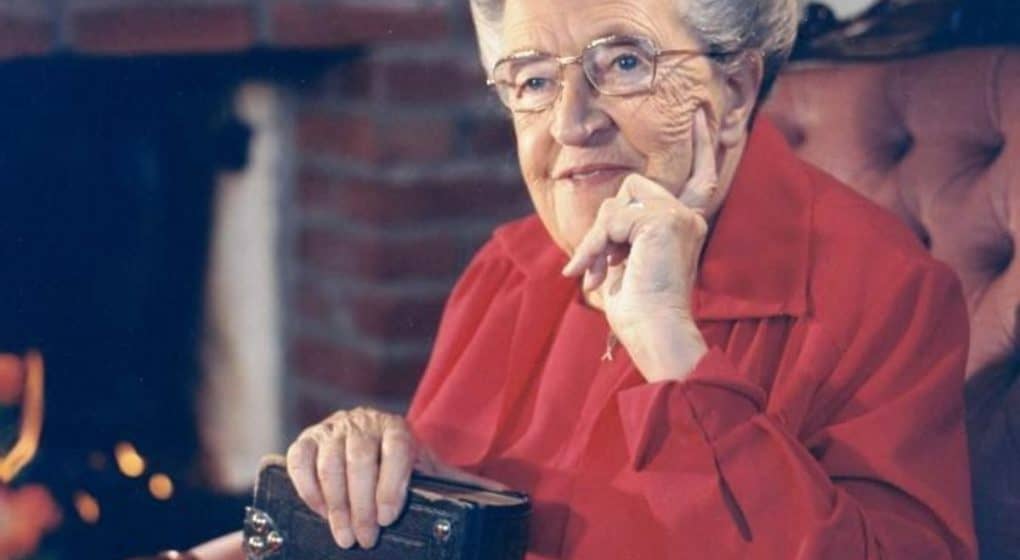
“Mindless, reactionary acts of forgiveness do not lead to the freedom we long for. The options before us as people desiring to follow Jesus are not just extending forgiveness or withholding it. The only option is to figure out how to extend it in ways that honor our dignity, attend to our wounds, and reflect the gracious God revealed in his Son.”- Rich Villodas
Rich Villodas concludes Chapter 8 of Good and Beautiful and Kind with a five-step process to forgive in healthy, active ways. Therefore, Pastor Villodas bases these steps on the book Don’t Forgive Too Soon, co-written by Dennis, Sheila, and Matthew Linn.
Stage One: Denial. In this stage, we know something bad happened to us. But we fail to admit that it hurt us. As a result, we lock God out. Because we’re not living in reality. And God dwells only in truth, not in unreality.
Stage Two: Anger. As we come to grips with our anger, we dwell on what the other person did to us. Thus, this stage carries the potential for damage. For we easily fixate on the offense, finding ourselves in an unending loop – a vicious cycle.
Stage Three: Bargaining. Here we contemplate the possibility that we could forgive the offender. But only if the offender does exactly what we want. So, we often set conditions in order to maintain a level of control.
Stage Four: Depression. Our great pain and perceived hopeless prospects for healing cause us to blame ourselves for our predicament.
Stage Five: Acceptance. Finally, Rich notes, we accept what happened, recognize that it occurred in the past, and acknowledge our growth from the experience. This acceptance frees us from the tyranny of the event, making it possible for us to move forward. Even if some things still need to heal.
In conclusion, Pastor Villodas counsels:
“All these stages are not necessarily linear and neatly lined out, but they offer important language to name the interior movements of the soul. Forgiveness is such a holy, redemptive act that it requires careful attention to the many layers at work within.”
Today’s question: How do you feel pressure to apply reactionary acts of forgiveness? Please share.
Tomorrow’s blog: “Concrete acts of care”

